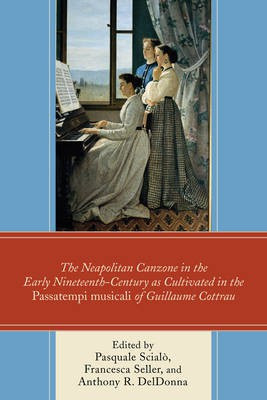The Neapolitan Canzone in the Early Nineteenth Century as Cultivated in the Passatempi musicali of Guillaume Cottrau(English, Hardcover, unknown)
Quick Overview
Product Price Comparison
This volume is a multi-disciplinary study of the Neapolitan tradition of nineteenth-century song or "Canzona napoletana." It is based on primary (original music manuscripts) and secondary (correspondence, diaries, and varied historical materials) sources recovered from Neapolitan archives, libraries, and private collections. The book takes as its focus the figure of Guillaume Cottrau (1797-1847), a musician and publisher who left a significant breadth of original songs and arrangements issued in the song collection and series entitled Passatempi musicali. Cottrau was a cultural auteur, who integrated his diverse activities as editor, folklorist, and patron of salon music and musicians (including the commissioning of original works and adaptations) to establish a tradition of Neapolitan song. This repertory was disseminated throughout Europe and ultimately the United States to great acclaim through the publication of the Passatempi musicali. The songs presented in the Passatempi musicali remain within the international repertory affiliated with Neapolitan song, including "Fenesta vascia," "Lo guarracino," "Cannetella," and many others. They are, moreover, closely linked to the historical, cultural and linguistic identity of Naples and the Neapolitan diaspora. This volume is the first of its kind in the English language and offers original, unpublished research about the endeavors of Cottrau, the contemporary cultural environs, the artists and their music that established the international fame of the Neapolitan canzona.


